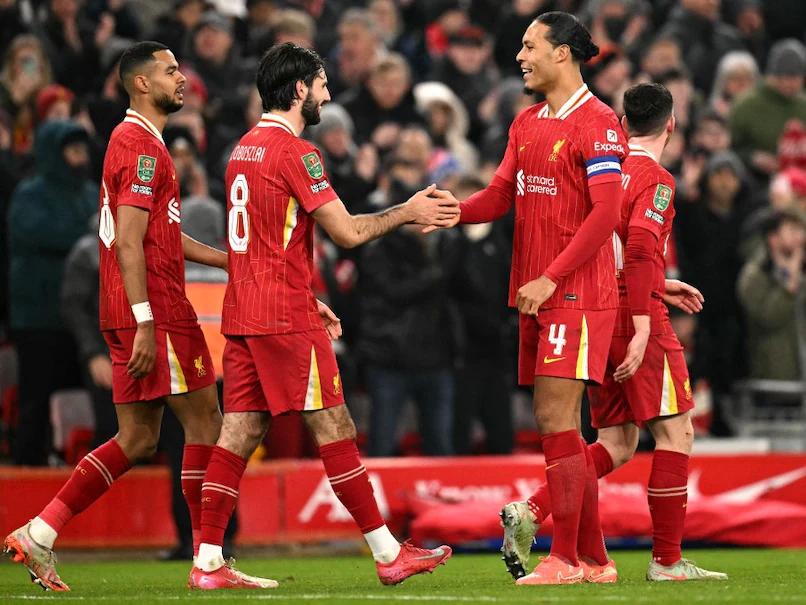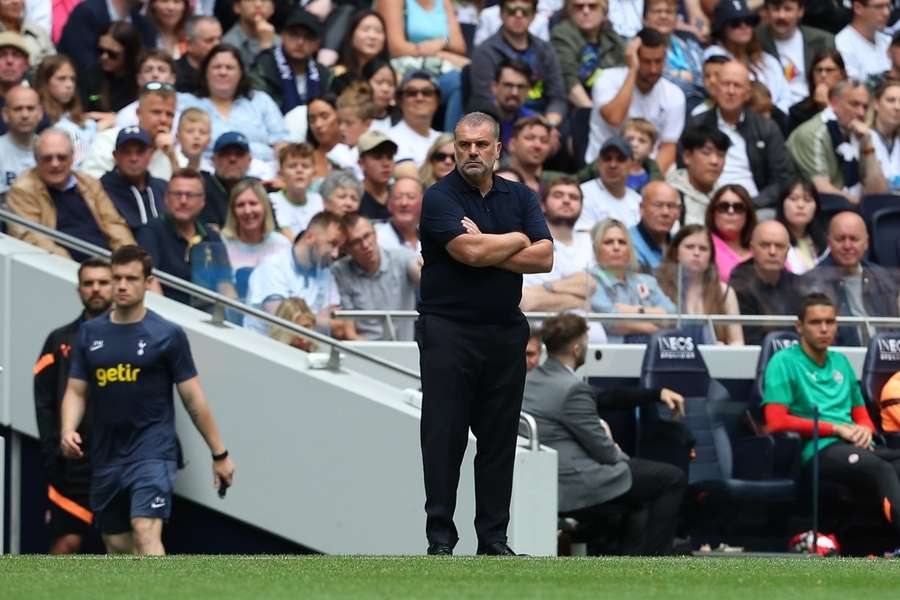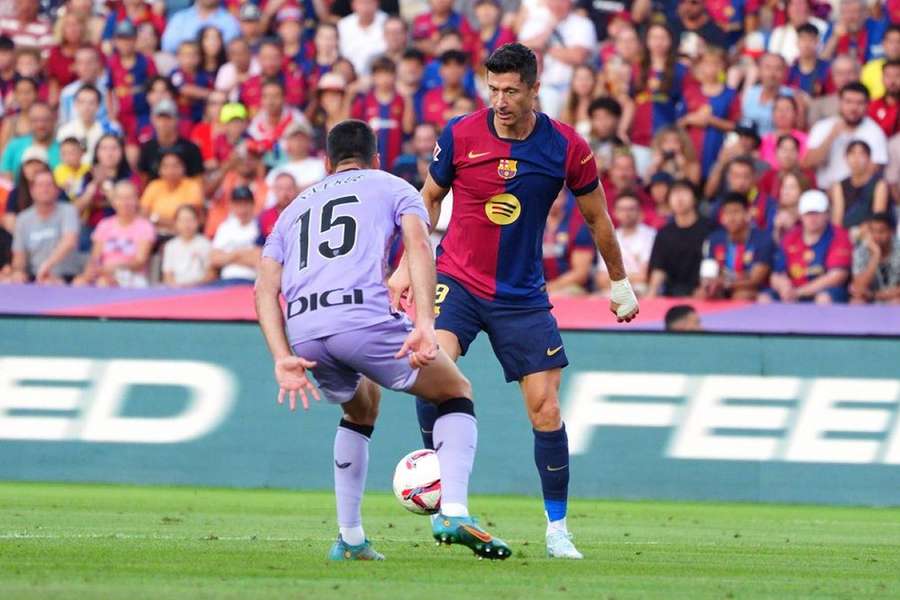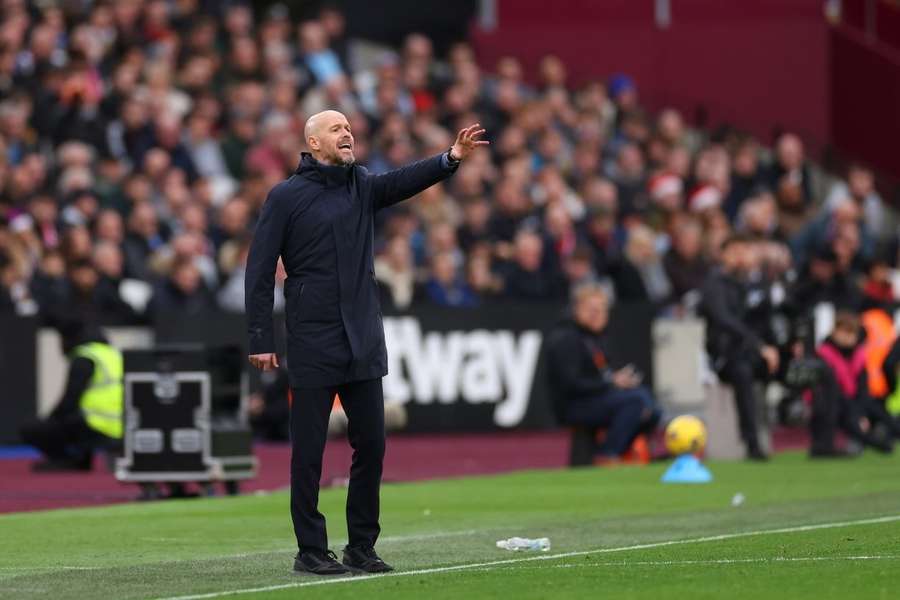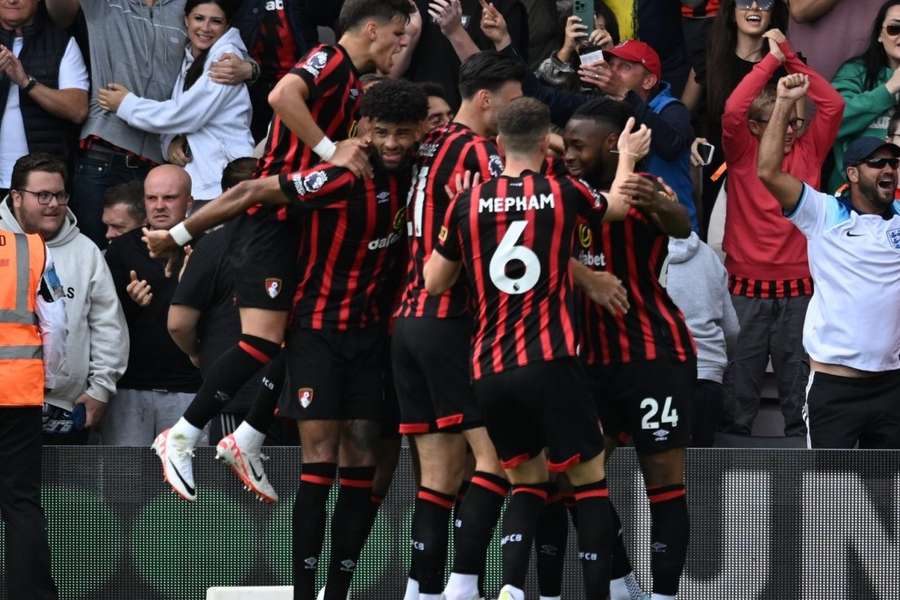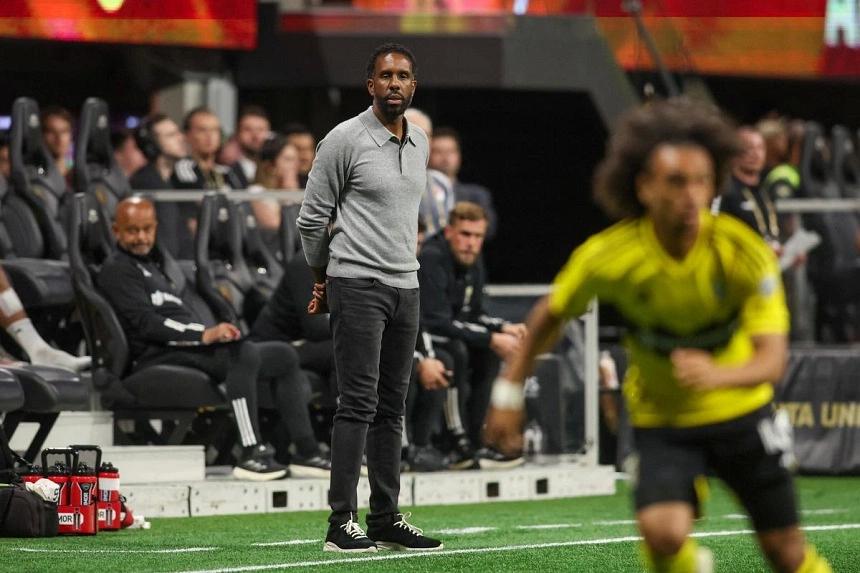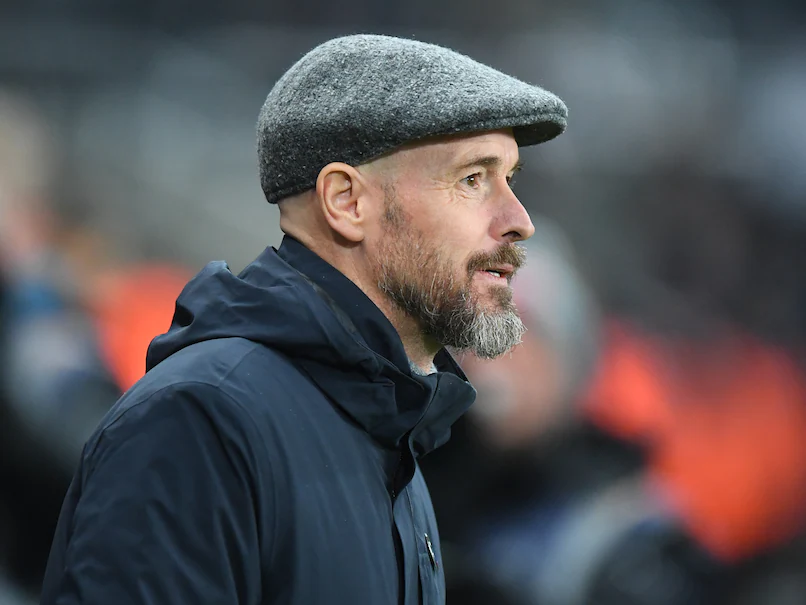Tsutomu Ogura challenges Lions to their limits in preparation for AFF Championship
In line with his innovative approach to training the Lions, the Japanese coach decided to organize a series of back-to-back training matches to challenge and assess his players. This unique strategy was formulated in response to unexpected scheduling modifications and a shortage of competitive opponents.
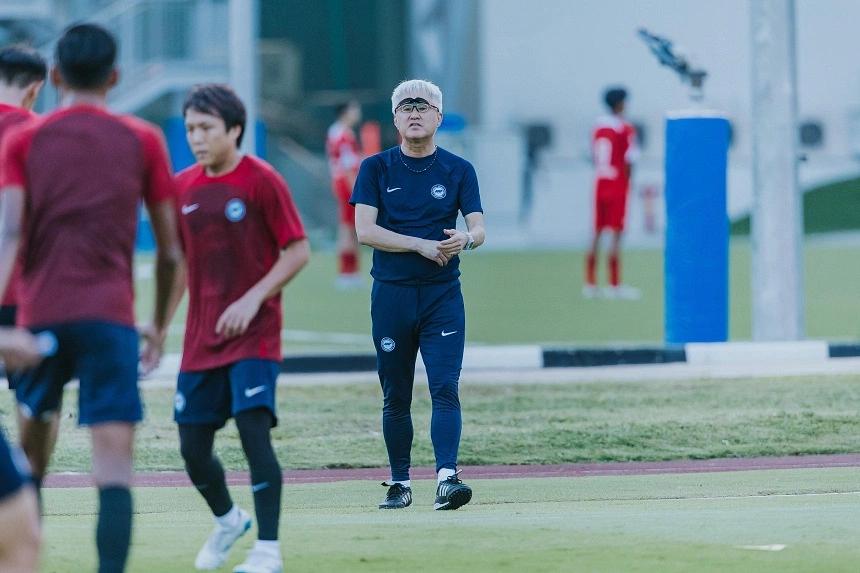
On Sept 6, the Singapore Lions beat Singapore Premier League leaders Tampines 3-0.
But, a day later, they lost by the same margin to 10-time Malaysia Super League champions Johor Darul Ta’zim (JDT), who boast more than 20 foreign-born players in their squad, in closed-door friendlies at the Kallang Football Hub.
Ogura, who was appointed in February, insisted the scores were “never important” as he wanted the players to learn how to keep fighting even when they were tired. This was to prepare them for the tough battle ahead at the Asean Football Federation (AFF) Championship, known as the Mitsubishi Electric Cup.
He told The Straits Times on Sept 10: “Our window was designed to increase the intensity day by day, and it was intentional that the JDT match was scheduled just one day after the Tampines match.
“This means not only were we playing against one of the best clubs in Asia, we were also doing so while not in peak physical condition.
“This isn’t what coaches would conventionally do, especially not back-to-back training matches. But this was a squad with several players who were new to me, and I wanted to push them to their limit and more... I wanted to see their personalities and how they interacted with each other.”
All the 28 Lions called up had playing time. But Liverpool-born Cardiff City defender Perry Ng was not fielded while Tampines playmaker Kyoga Nakamura featured for the Stags – the duo trained with the team with the view of naturalisation.
Ogura, 61, had initially omitted some players from Tampines and Lion City Sailors as the initial dates of the AFF Championship clashed with their clubs’ involvement in continent tournaments while efforts to find suitable international opposition for September proved futile.
But the Asean event will now be from Dec 8 to Jan 5 instead of Nov 23-Dec 21, with Singapore having to play four group games in 10 days.
Ogura was pleased with how the experienced players are getting to grips with the levels of intensity against opponents who “do not give them time on the ball”, and how youngsters like wingbacks Nur Adam Abdullah and Farhan Zulkifli are closing the gap on their seniors.
He added: “It was good to see everyone raising their game to meet our demands. We are currently playing maybe about 45-60 minutes of high-intensity football. The goal is to raise that to 90-95 minutes each game.”
The work continues in the next two international windows before their AFF Group A opener at home against Cambodia on Dec 11.
The Lions will take on three Japanese top-division teams in October before friendlies against Myanmar and Chinese Taipei in November.
Ogura said: “We are playing against three top clubs, and for sure the intensity of the matches will be high.
“While we want to continue the physical conditioning of the players, there will be more tactical work done.”
While he is “fairly positive” about securing the release of players he needs despite the AFF tournament not being played in a Fifa international window, he stopped short of setting a target.
He said: “I cannot promise you we will definitely make the semi-finals, because results are hard to predict in football. If you look at our two games against China (2-2 at home and 1-4 away), I think we deserved more in both games, but the results didn’t match our performances.
“The goal right now is to have enough players who can make the final 23, and expect all 23 to be able to play at the levels we demand and to give strong performances.
“My aim is to get the team able to consistently play the type of football that we want at a high level. If we can do that, the results and the rankings will eventually come. But we must focus on the process and commit to the work.
“We will take it one game at a time and see where we are at the end of the group stage. My plan is always to win every tournament, and if we don’t, then we learn where we need to improve and go again in the next tournament.”
RELATED STORIES
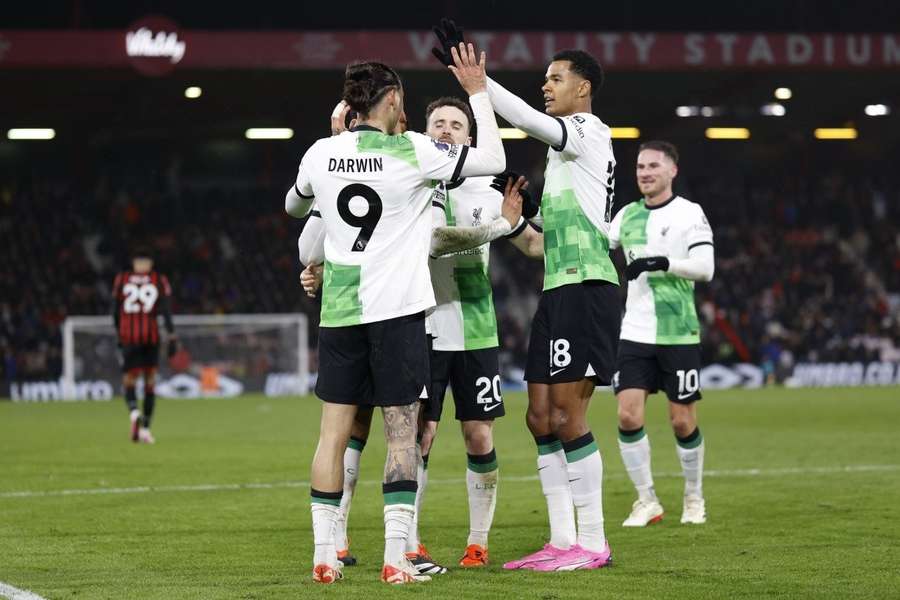

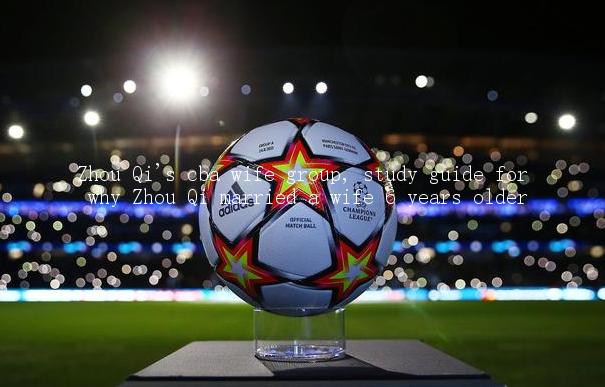
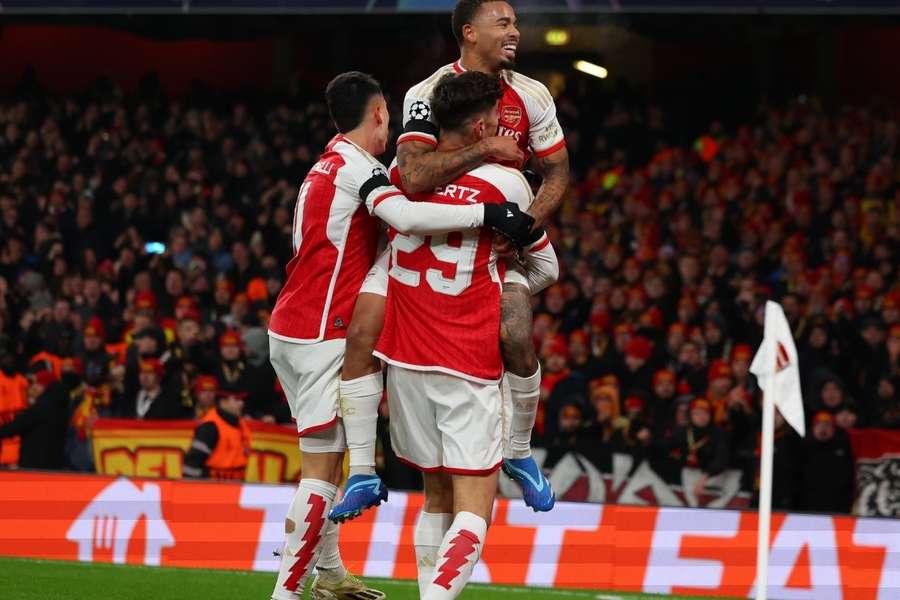
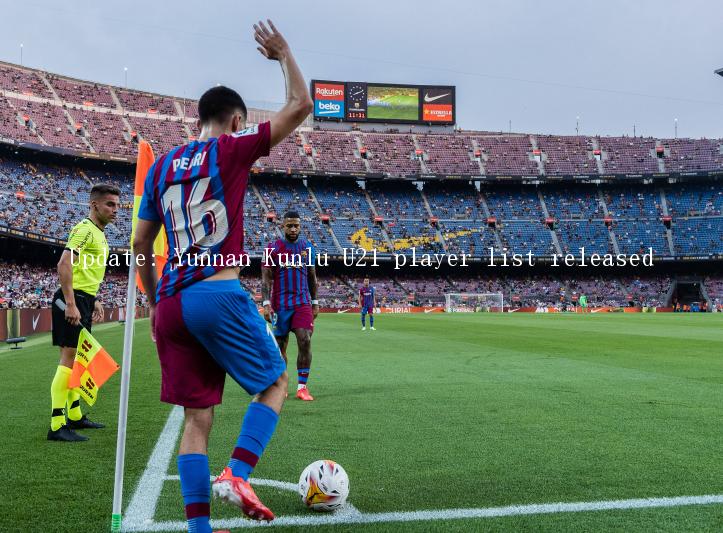
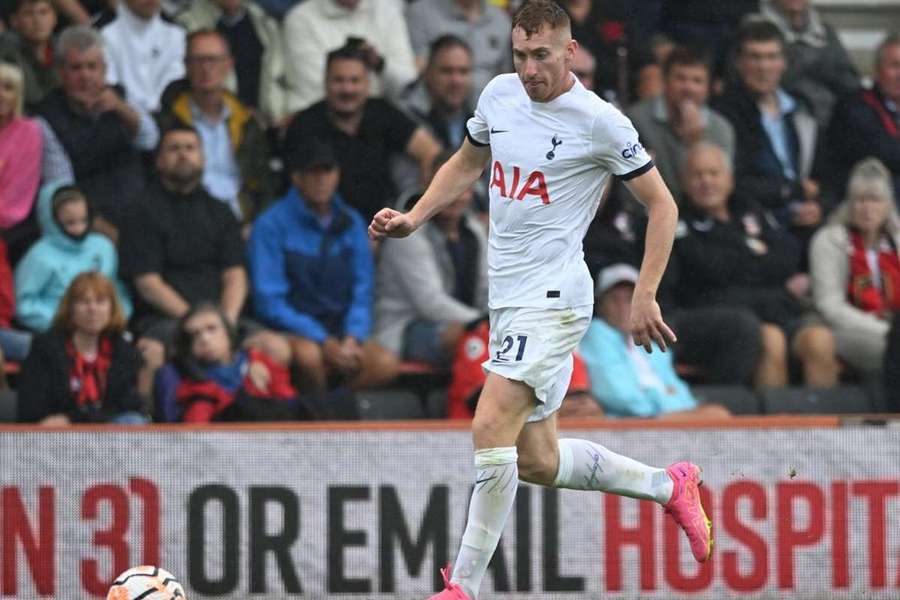
LATEST NEWS
